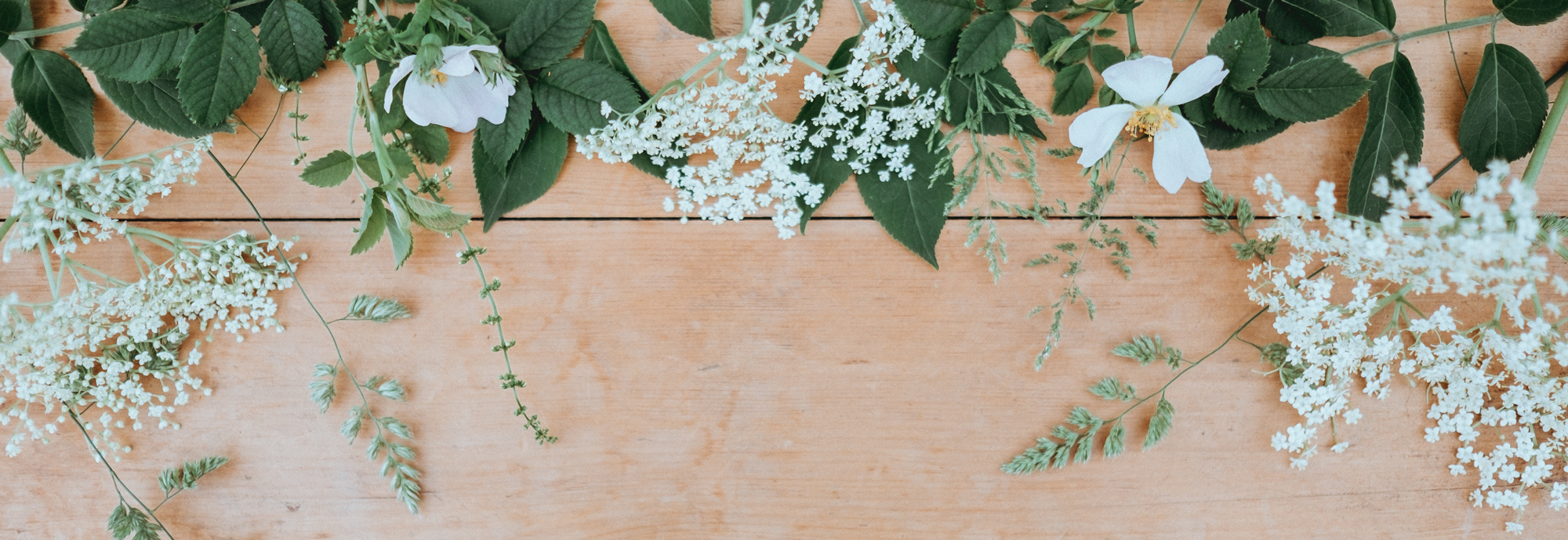On Letting It Go, by Dana Velden
We’ve all know and understand that we’re not supposed to cry over spilled milk and yet sometimes we do because sometimes spilled milk sucks, or it’s the last straw in a series of challenges and difficulties that day. Or because we really wanted that milk and now it’s gone. It’s easy to say ‘don’t cry, just take a breath and let it go,’ but it’s often much harder to actually do it, especially when we’re so caught up in the situation that it’s too late for deep breaths and mindful pauses.
Our time in the kitchen is rife with opportunities to practice letting go. There’s the obvious spilled milk (and the 10,000 other spilled, dropped, knocked over and shattered things). There’s also the milk that boils over and burns a thick, stinky layer of scorched goo onto the clean stovetop. There’s the milk that’s curdled, or the milk that’s 2% when the recipe calls for whole, or the tres leches cake that was a complete failure. There’s the milk that someone forgot to buy, or drank up without asking, or left out on the counter to sour.
Sometimes it’s because of a disaster, sometimes a mere disappointment or inconvenience but still, it’s not unusual to find ourselves in the middle of a melt down in the kitchen. What do we do with our feelings when we’re caught in the middle of feeling them? How can we ‘just let it go’ when there’s a ball of anger, or frustration, or sadness caught in our throat? Do we swallow it or spit it out in a spew of curse words? What is the most helpful thing to do when we’re in the midst of reactivity?
This is why the kitchen is such a great place to practice letting go. Notice I saidpractice letting go which doesn’t always mean actually letting go. We may try to let it go and yet we may find ourselves unable to do so, not one bit. Or we may want to let it go but discover that some stuff can be dropped, but not all of it.
The practice of letting go means bringing as much awareness and kindness that we can to the situation and then responding. It means letting go of as much as we can — mourning the loss, but letting go of the anger, for instance. Sometimes it will be appropriate to quietly let it go. This may or may not be easy, but you will know it is appropriate because it will feel right.
But sometimes, with as much of that awareness and kindness as we can muster, we will have to address the situation. We may have to speak to our spouse or child or friend. We may have to speak to ourselves, or even to that bottle of curdled milk. We may be talking out loud or muttering to ourselves or be silent, but we will not be letting it go. Because letting it go, at least in this stage of the game, is not the best response.
One of the deepest wisdoms we can cultivate is the wisdom of responding appropriately to the array of joys and pains that make up our daily life. There is no formula for doing this, there is no ‘if A, then B’ because life is just too unpredictable and ever-changing. Some days, we swallow and some days we spew and some days we manage to find that narrow but precious place that allows us to both contain and express our feelings.
So why is the kitchen such a great place for practicing letting go? Well, as mentioned above, it’s always going to give us ample opportunities to do so, no matter how careful we are. And besides, while they may be disappointing or frustrating, most of our kitchen disasters are usually small and workable. Spilled milk is, after all, just spilled milk.
But for me it’s also because the kitchen is a place of alchemy and magic. Surrounded by the continuous surrendering of the raw into the cooked, the whole into the torn, the bland into the succulent, I cannot help but be inspired by the examples shown there. They teach me, over and over, how letting go enables transformation and how transformation — this plain, everyday kitchen magic — is what sustains my life.
So be it spilled milk or a ruined dinner or a difficult encounter with a loved one, I hope I’m able to respond with as much wisdom and kindess as possible. I hope that I can transform that difficulty into something more spacious, something that allows for the hard and noble work of letting go and getting out of the way and allowing the next moment to arrive, free and unencumbered and completely brand new.

